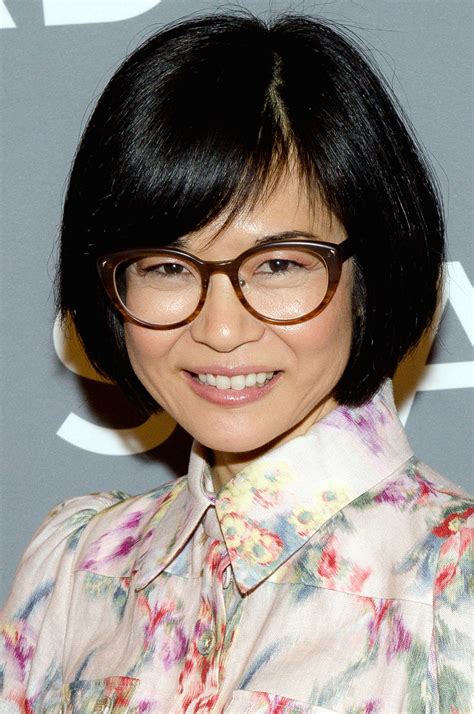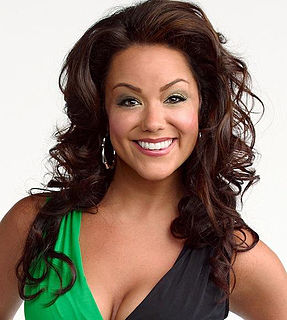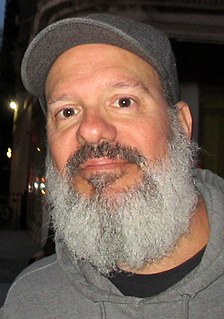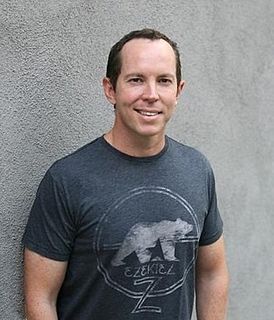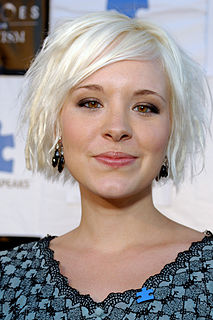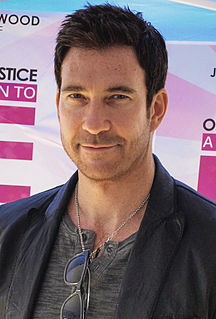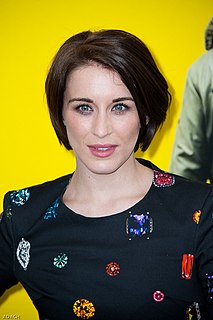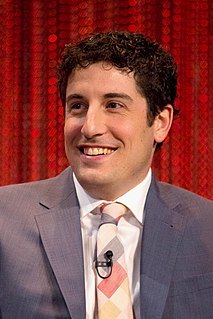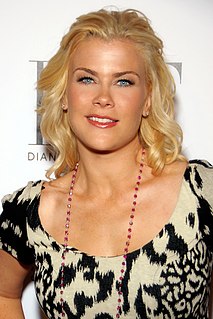A Quote by Keiko Agena
In the second season, usually television shows are running with the characters; they really get them. And then, the third season, they can push characters and really explore secondary storylines and things like that. And so I tend to like third seasons of most shows.
Related Quotes
I enjoy a third act, and I like stories with ending. A lot of my frustration with serialized storytelling is a lot of shows don't have a third act. They have an endless second act, and then they find out it's their last year and often have to hustle to invent a third act, but they were never necessarily organically meaning to begin with.
I just really like writing and making television shows. There are ego rewards in doing battle with other television programs in prime time in the main season. I suppose there are times when I might look at that and think that's the major league. But when you look at it, ultimately would I really want to gamble my livelihood and my ability to connect with my fan base or write a show that I really like writing, or in some cases direct a show that I really like directing, for the sake of winning an ego battle? It's totally not worth it. That stuff is so ephemeral.
Introduce your main characters and themes in the first third of your novel. If you are writing a plot-driven genre novel make sure all your major themes/plot elements are introduced in the first third, which you can call the introduction. Develop your themes and characters in your second third, the development. Resolve your themes, mysteries and so on in the final third, the resolution.
I don't like the strictly objective viewpoint [in which all of the characters' actions are described in the third person, but we never hear what any of them are thinking.] Which is much more of a cinematic technique. Something written in third person objective is what the camera sees. Because unless you're doing a voiceover, which is tremendously clumsy, you can't hear the ideas of characters. For that, we depend on subtle clues that the directors put in and that the actors supply. I can actually write, "'Yes you can trust me,' he lied." [But it's better to get inside the characters' heads.]
I think there's a lack of really, really good funny scripts out there that work on all the levels that they're supposed to - which is to say that they're not just funny but they have interesting characters that people are going to like and be invested in. I've done a bunch of movies that haven't worked but I like to think I've done some that have worked and that's because not only is the comedy there but the characters and storylines are interesting. The characters are real and relateable and people were invested in them.
